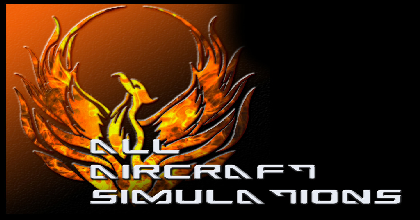20.10.2009, 16:03
Learning good airbrushing and masking is the first step. Google searches will get you LOADS of info. Patience cutting proper stencils is critical in my opinion. Here is a good primer to read.
http://findarticles.com/p/articles/mi_q ... _n8846201/
+1 on the Dry-brushing.
http://www.clubhyper.com/reference/weatheringda_1.htm
The careful application of washes will also do wonders.
http://www.world-war-2-airplane-model.com/washes.html
http://www.aircraftresourcecenter.com/t ... tnt122.htm
There are other things to consider as well. Such as paint and glue selections. Paint can be too thick or too thin or just poor quality resulting in poor finishes. Certain glues can distort plastic.
I recommend erring on the conservative side with these techniques, to avoid looking like the weathering was painted on. But that's ultimately up to your personal preferences. I have only built RC aircraft in recent years, but I still use these techniques (when dealing with scale and fun scale subjects).
http://findarticles.com/p/articles/mi_q ... _n8846201/
+1 on the Dry-brushing.
http://www.clubhyper.com/reference/weatheringda_1.htm
The careful application of washes will also do wonders.
http://www.world-war-2-airplane-model.com/washes.html
http://www.aircraftresourcecenter.com/t ... tnt122.htm
There are other things to consider as well. Such as paint and glue selections. Paint can be too thick or too thin or just poor quality resulting in poor finishes. Certain glues can distort plastic.
I recommend erring on the conservative side with these techniques, to avoid looking like the weathering was painted on. But that's ultimately up to your personal preferences. I have only built RC aircraft in recent years, but I still use these techniques (when dealing with scale and fun scale subjects).
